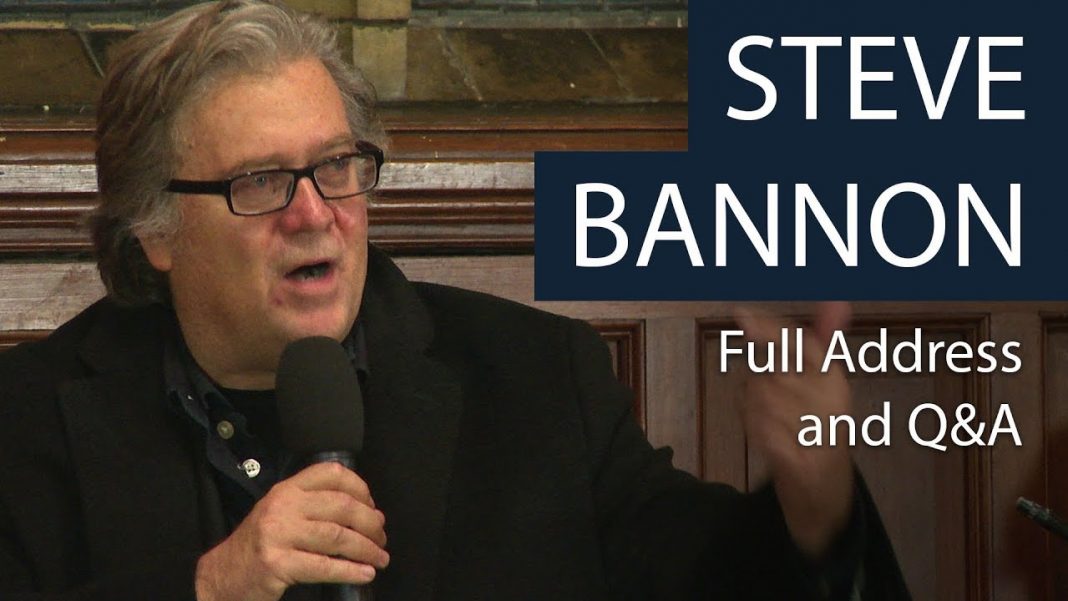Hezbollah’s ‘Unit 910’ in America
- Part I of III Hezbollah’s ‘Unit 910’ in America: Recruitment, Targeting Jews, and a Building with a Doorman
- Part II of III Hezbollah’s ‘Unit 910’ in America: A Treasure Hunt for Fake Docs, Weapons, Explosives
- Part III: Hezbollah’s Clandestine Terror Wing in America: the Michigan Mystery
Because revelatory cases like these come around so rarely, this series seeks to underline what was missed or under-emphasized by traditional media coverage — and also to put what wasn’t missed into proper context from a homeland security perspective. This series of reports is based on a review and analysis of hundreds of publicly filed court records from the ongoing federal prosecution of alleged Bronx-based Hezbollah operative Ali Kourani and Dearborn, Michigan-based Samer El Debek.
Part I of III Hezbollah’s ‘Unit 910’ in America: Recruitment, Targeting Jews, and a Building with a Doorman
A purposefully ambiguous “association of western intelligence organizations” hosts a unique public website titled “Stop 910”. Whoever runs it solicits information — in English, Spanish, and Arabic — to out sleeper agents of the notorious external terrorism service of Hezbollah, known by the nom de guerre “Unit 910.” The “association” offers reward money, photos of suspected operatives it wants identified, and instructions on how to anonymously inform.
The site’s stated purpose is “to end Hezbollah-perpetrated terror in Lebanon and abroad.” It’s mere presence hints at a desperate spy-versus-spy global intelligence war playing out between Iran and Israel and its allies. Not much was commonly known about contemporary Unit 910 operations inside the United States — until now.
The purveyors of the Stop 910 website are no doubt gleeful about what’s coming out of two rare U.S. Department of Justice prosecutions of reputed Unit 910 members. Most notably, the federal terrorism case against a Bronx resident by the name of Ali Kourani, 34, is producing a crush of remarkably detailed revelations emblematic of how 910 has been operating in America in recent years.
Missing the Story
Among the documents pouring out of the Kourani case, for instance, are lightly redacted, normally classified internal FBI reports known as “FD-302 forms.” These publicly name 15 people whom Kourani fingered as probable Unit 910 operatives or Hezbollah-linked sympathizers in New York, New Jersey, Florida, and Canada. The 302s name a Queens mosque Kourani told them was aligned with Hezbollah, and lists the names of reputed sympathizers involved in credit card fraud, counterfeit clothing businesses, an auto parts theft scam, and exporting cars to West Africa (a familiar Hezbollah global money-laundering hallmark). The other prosecution, not yet clearly connected to Kourani, names Samer El Debek of Dearborn, Michigan, as a 910 operative. Both were arrested in June 2017, but the El Debek proceedings have been purposefully delayed for unspecified reasons, so no new filings there.
Because revelatory cases like these come around so rarely, this report seeks to underline what was missed or under-emphasized by mainstream media coverage — and also to put what wasn’t missed into proper context from a homeland security perspective. This report is based on a review and analysis of hundreds of publicly filed court records.
From a law enforcement intelligence perspective like mine, it is downright surprising that some suspect names were purposefully placed in the public realm, along with phone numbers, locations, entity names, and email addresses. These should have caused the opening of other investigations that may well be ongoing and could be at risk if targets are exposed.
At the same time, from a journalism perspective like mine, the absence of media exploitation of all this is just as surprising.
The arrests drew decent initial media coverage but not much since the case developed, and certainly none mentioning FBI 302s, or that Kourani’s brother was also a U.S.-based Hezbollah operative but went through deportation proceedings rather than prosecution, or that the father of these alleged terrorist brothers had himself smuggled over the U.S.-Mexico border. Instead, an October 15, 2018, pieceby the New York Times about the Ali case — whose reporter saw all of these documents — chose to concentrate on a defeated defense argument that mendacious FBI agents swindled the information out of Kourani. The claim was debunked by the presiding judge.
Much more lays unamplified in the public record — with more on the way. Kourani has denied wrongdoing, and he is innocent until proven otherwise at a trial tentatively set for March 2019.
Read Full Article Part I of III Hezbollah’s ‘Unit 910’ in America: Recruitment, Targeting Jews, and a Building with a Doorman
Read Full Article Part II of III Hezbollah’s ‘Unit 910’ in America: A Treasure Hunt for Fake Docs, Weapons, Explosives
Read Full Article Part III: Hezbollah’s Clandestine Terror Wing in America: the Michigan Mystery






